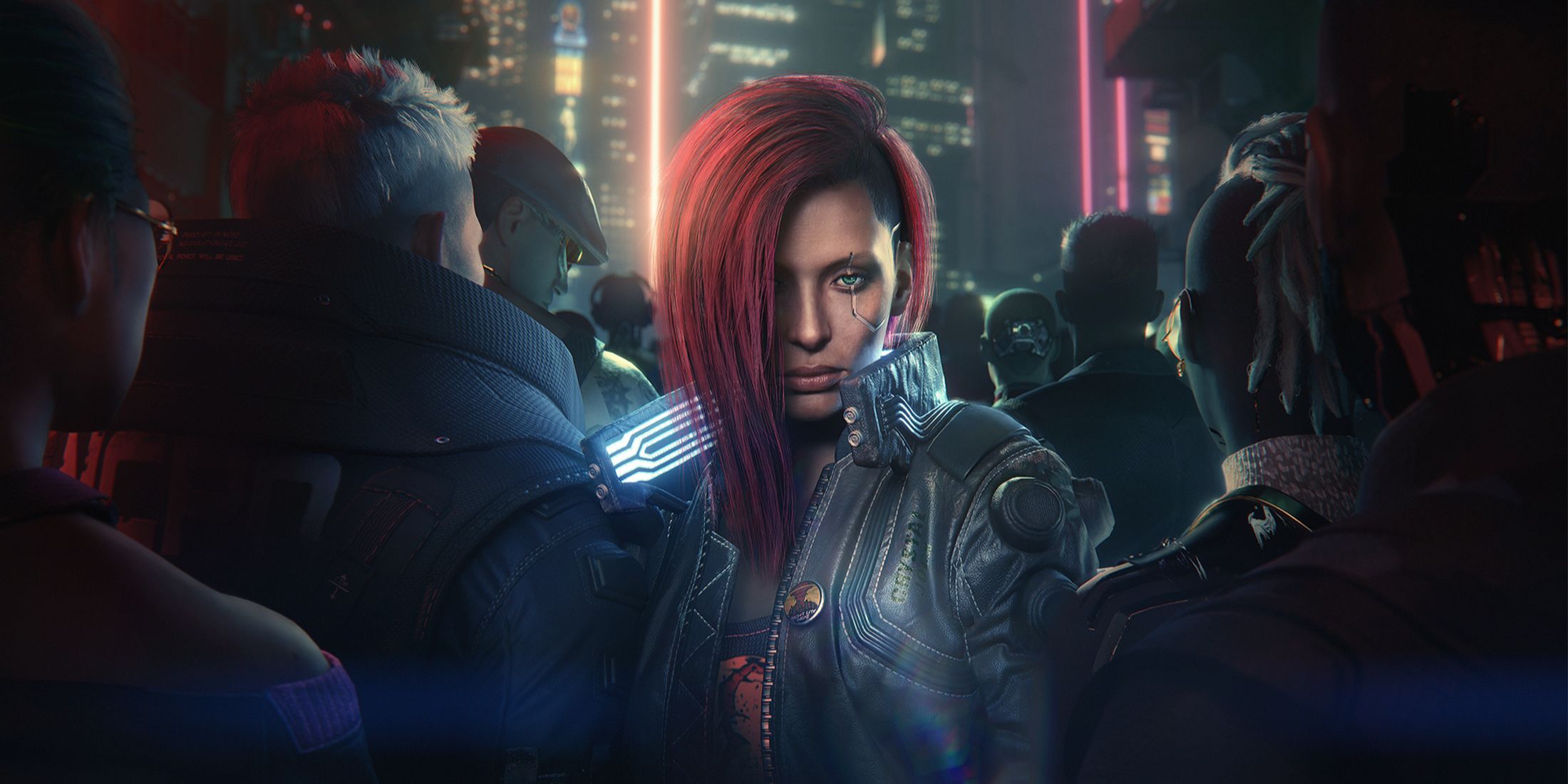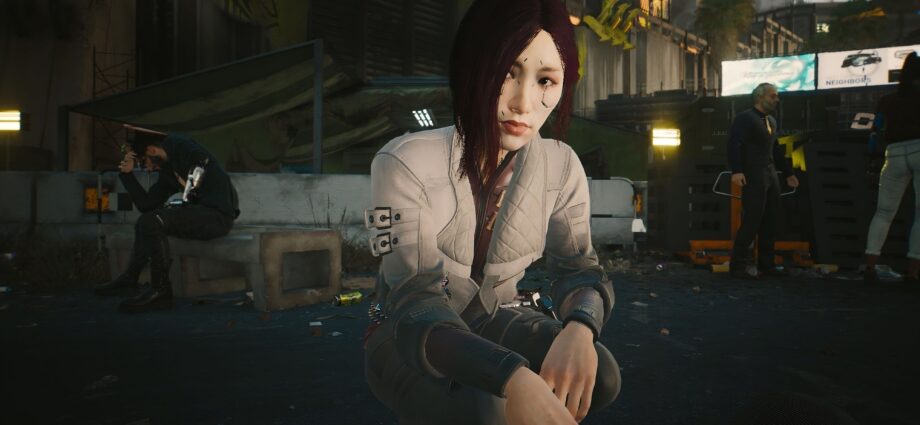In Cyberpunk 2077, Johnny Silverhand is the face of the band Samurai and, arguably, the game’s most recognized figure. His story is loud, explosive, and defiant. Even in death, Johnny’s legacy lives on—his voice echoing in the mind of the protagonist, his ideals pushing the narrative forward. But buried in his shadow is a quieter, more painful tragedy: the life of Kerry Eurodyne.
Kerry doesn’t die in a blaze of glory in Cyberpunk 2077. He doesn’t inspire revolution or confront megacorporate giants head-on. Instead, his story unfolds in backrooms, quiet gigs, and emotionally raw confessions. A failed marriage, a hollow mansion, years of substance abuse, and an attempt to take his own life—Kerry is a man whose wounds never turned into war stories. His pain isn’t historic or legendary. It’s intimate, ordinary, and harder to look away from.

Related
Cyberpunk 2077: The Case for Project Orion to Follow the Sun Ending
Cyberpunk 2077’s sequel has a few directions it could go based on which, if any, of its endings is canonized, with The Sun having much potential.
Cyberpunk 2077’s Kerry Eurodyne Lives With Regret
Kerry Eurodyne enters Cyberpunk 2077 relatively late through the side job “Holdin’ On,” which revolves around his attempt to reconnect with Johnny Silverhand’s memory and, by extension, his own lost identity. During this mission, Kerry smashes a guitar—an unsubtle metaphor for a career that no longer brings fulfillment. The action reads less like anger and more like despair, suggesting a man suffocating under the weight of his own legacy.
From that point forward, Kerry’s side content unravels a story of someone trying to reclaim relevance. His flirtations with a younger generation of artists during “Off the Leash” and his impulsive sabotage of corporate tools in “Boat Drinks” show a desperate bid to feel alive. He burns his manager’s yacht not for revolution, but for revenge and catharsis. It’s a fire meant to rekindle identity, but it also serves as a symbolic funeral pyre—for his career, his past, and the idea that he still belongs in this world.
Kerry’s suicide attempt, mentioned offhandedly in conversation, is never dramatized. It’s not a set piece or mission objective. That narrative choice reflects the realism of his pain. His trauma is not for spectacle—it lingers in conversations, in silences, and in the way his romance arc unfolds with the male version of V. Despite his wealth, fame, and history with Samurai, Kerry is alone. And unlike Johnny, he isn’t mythologized. He’s forgotten.
Cyberpunk 2077’s Endings Are Especially Harsh For Kerry
The structure of Cyberpunk 2077’s endings deepens Kerry’s isolation. While characters like Judy and Panam will always leave Night City regardless of romantic involvement, Kerry remains. In endings such as The Star, where V chooses to escape the city and find peace, Kerry stays behind. The contrast is jarring. Others dream of freedom. Kerry cannot imagine a life outside the neon-soaked chaos.
His decision to remain in Night City feels less like agency and more like resignation. It’s the only place where his name still holds weight, where his presence might still draw a crowd. Even in endings where the romance continues, such as The Sun or The Devil, the relationship exists in a static loop—trapped in a city that never allows true resolution.
Phantom Liberty introduces perhaps the most emotionally devastating variation of this outcome. In the ending where V becomes fully human again—free of cyberware, but fragile and isolated—Kerry’s reaction is a gut-punch. Though he tells V he’ll be there for them, the call is hollow. His voice lacks urgency. His words feel like a formality, a polite farewell rather than a vow of support. It becomes clear that while V has been fighting for a second chance, Kerry has been retreating into comfort and detachment. The romance fades, not through conflict, but neglect.
Cyberpunk 2077 Uses Kerry To Reflect Core Themes
Kerry Eurodyne is a mirror of Cyberpunk 2077’s themes: impermanence, disconnection, and the illusion of control. Unlike Johnny, who dies fighting, Kerry survives in limbo. His struggle to stay relevant in a world built on obsolescence echoes the broader existential tone of the game. Night City is not kind to those who linger too long, and Kerry has stayed far past his curtain call.
There’s beauty in the fleeting moments he shares with V. The fire on the yacht during “Boat Drinks” is both defiance and funeral—a symbol of passion that cannot be sustained. The romance, if pursued, becomes a memory more than a promise. Unlike Judy and Panam, who carry their relationships beyond the boundaries of the city, Kerry’s love story is landlocked. It’s vivid and real, but ultimately trapped. In the genre of cyberpunk, permanence is rare. Identity, love, success—all are temporary. Kerry’s tragedy lies in the fact that he knows this, but can’t move forward. He is a man haunted by his own mythology, trying to live with the fact that he was once important and no longer knows who he is without that.
Kerry Eurodyne’s story is not as loud as Johnny Silverhand’s, but it lingers longer. His pain is private, his loneliness suffocating, and his future uncertain. In a city built on illusion, Kerry represents the aftermath—the echoes left behind when the music stops. And that, more than any blaze of glory, is the saddest ending of all.
